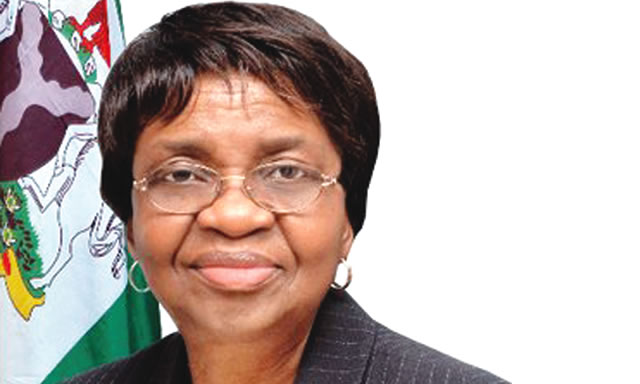
The National Agency for Food and Drug Administration and Control (NAFDAC) has called for greater integrity, planning and collaboration to strengthen Nigeria’s research landscape and drive scientific innovation.
Director-general of NAFDAC, Prof. Mojisola Adeyeye made this known at a three-day national conference in Abuja on Monday. The event, themed “Exploring Excellence in Ethical Conduct, Leadership for Research Integrity Through Empowerment” (EXCEL-RITE), was organised in partnership with the National Health Research Ethics Committee (NHREC) and the Institute of Human Virology Nigeria (IHVN).
The conference aims to foster a culture of ethical, transparent, and impactful research across academia, government and the private sector.
Adeyeye stressed that Nigeria’s future scientific advancement depends heavily on a collaborative research environment grounded in honesty, strategic planning, and open communication. She outlined the major barriers affecting research in the country, including scarce resources, fragmented funding systems and a persistent silo mentality that stifles interdisciplinary work and global partnerships.
According to her, credible research must be passion-driven and meticulously planned, with well-defined objectives, robust methodologies, and realistic timelines. She emphasised that conducting thorough literature reviews and using effective analytical methods are essential for producing reliable, high-quality scientific outputs.
Adeyeye further underlined the need for transparent collaborations among disciplines and institutions. She explained that successful partnerships are built on technical competence, meaningful contributions, mutual respect and ongoing communication.
On the issue of innovation protection, the NAFDAC boss highlighted the importance of understanding intellectual property rights, patents and the role of legal expertise in safeguarding inventions and discoveries.
She noted that research efforts should not end in the laboratory but must be translated into practical solutions that benefit society. Whether moving from bench to bedside, farm to fork, or lab to clinic, she said, applying research findings to real-world challenges can significantly boost industry, healthcare and economic development.
Adeyeye also pointed to sustainable funding as a key driver of research success, urging institutions to establish clear financial agreements to ensure that resources are used effectively in meeting research goals.
Day one of the conference concluded with a strong call for researchers, institutions, and policymakers to abandon isolated practices and embrace collaborative models that promote integrity, innovation and measurable progress in Nigeria’s scientific and public health sectors.

